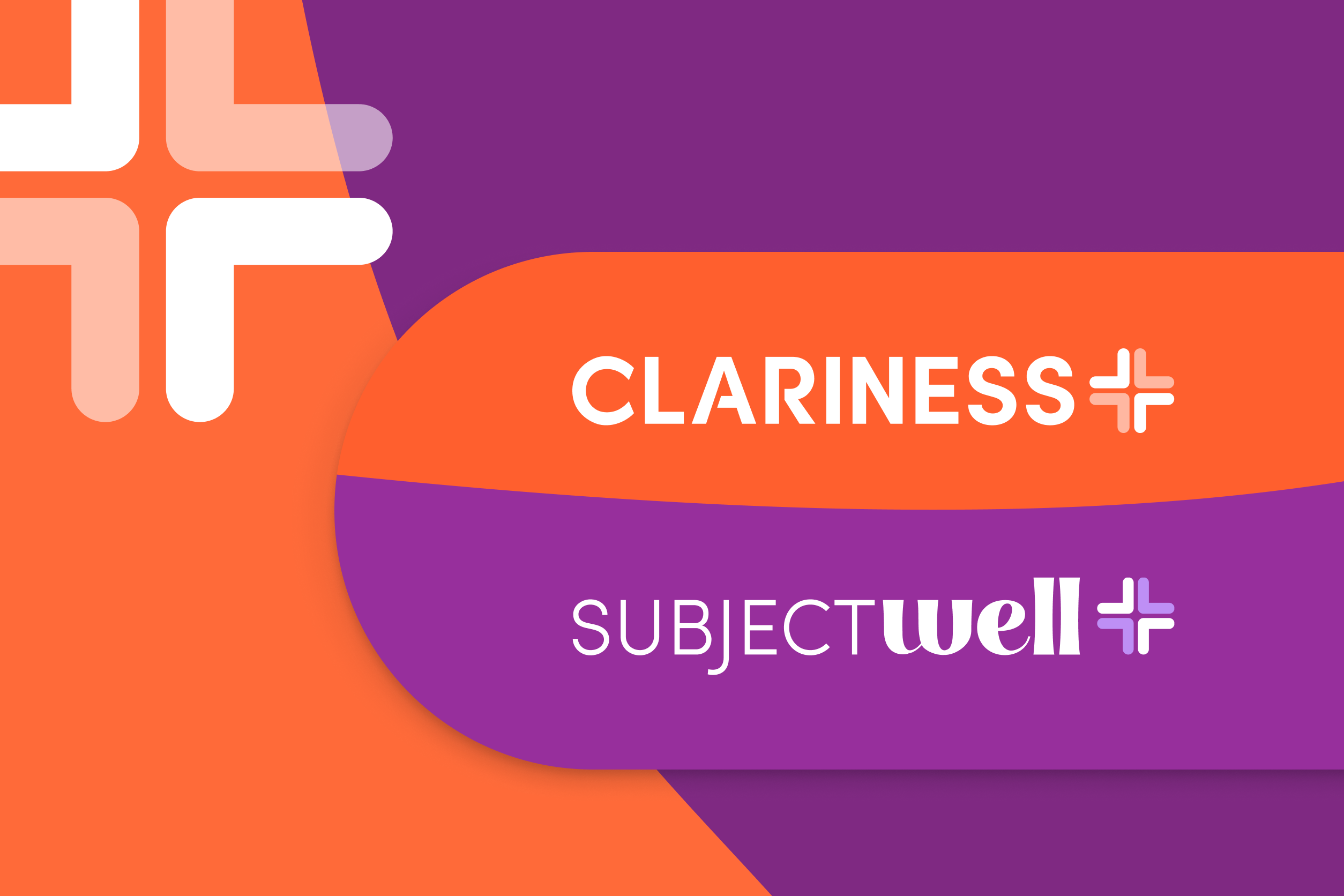
In a recent blog post, Google announced that it will prohibit advertising for unproven medical treatments. Here’s what this new policy means for sponsors and CROs.
Google is a key platform for sponsors and CROs looking to recruit active, engaged patients for their clinical trials. However, recent changes to Google’s policies may affect the way these trials are able to reach patients online.
In September, Google announced a new policy prohibiting advertising for speculative medical treatments. This policy primarily targets organizations that offer unproven, deceptive treatments, including many experimental stem cell therapies, cellular (non-stem) therapies, and gene therapies.
While Google’s announcement will undoubtedly affect the digital healthcare landscape, it will not impede patient recruitment efforts for the majority of licensed, regulated clinical trials. Indeed, if anything, it will be a positive development for reputable sponsors and CROs, as their studies will no longer appear alongside treatments with little or no scientific basis.
Why Google’s New Policy Is Important
Unregulated, experimental treatments can be dangerous, especially when they are marketed in a way that is deceptive. Further, it is difficult for many patients to tell the difference between reputable trials and trials that promise unsubstantiated “miracle cures.” Fortunately, Google has decided to address this problem with a ban on ads for treatments that don’t have enough evidence to justify widespread clinical use.
“Google’s new policy banning advertising for speculative medicines is a much-needed and welcome step to curb the marketing of unscrupulous medical products such as unproven stem cell therapies,” says Deepak Srivastava, President of the International Society for Stem Cell Research. “The premature marketing and commercialization of unproven stem cell products threatens public health, [patients’] confidence in biomedical research, and undermines the development of legitimate new therapies.”
Despite this progress, many public health advocates are still interested in learning more about how Google will evaluate the legitimacy of each ad. While Google has yet to share the details of its screening process, it remains unlikely that the new policy will hinder recruitment efforts for reputable trials.
What Does This Mean for Sponsors and CROs?
Ads for unproven treatments cast doubt on the validity of all medical research – which can have wide-ranging effects on patient recruitment efforts. Banning these ads from Google means that well-regulated clinical trials have a better chance of gaining patients’ trust.
Digital recruitment efforts can also play an important role in establishing the legitimacy of clinical trials, particularly through the use of content that highlights evidence-based results. Everything from blog posts to informational landing pages presents an opportunity to prove that a particular trial is trustworthy and not making false claims.
To emphasize the relevance and legitimacy of clinical trials, sponsors and CROs should create copy that features past research and addresses patients’ pain points. For instance, a study testing a treatment for type 2 diabetes could run a digital campaign emphasizing patients’ past successes with the drug, as well as the drug’s ability to manage uncomfortable symptoms. Ultimately, sponsors and CROs should consider what potential patients or caregivers are looking for in a treatment plan – and how their therapy can meet these demands.
Fortunately, Google’s new policy does not pose a threat to well-regulated clinical trials, and sponsors and CROs can expect the platform to remain a major player in the patient recruitment space. While taking advantage of Google’s many important features, sponsors and CROs can use this opportunity to ensure that their studies stand out as trustworthy, relevant, and beneficial to patients.




